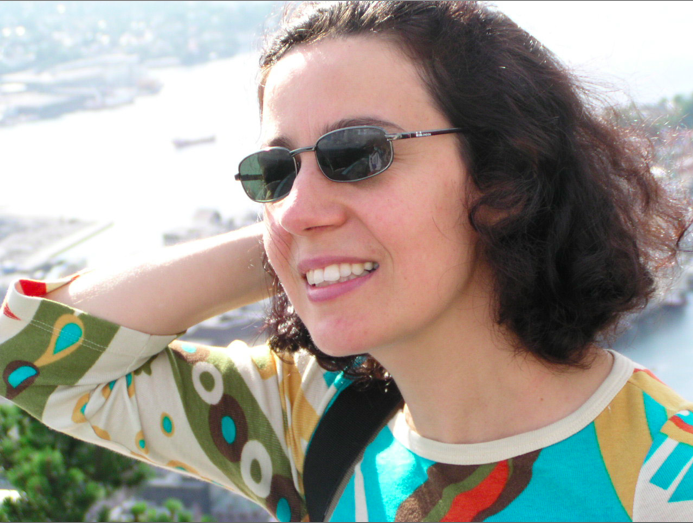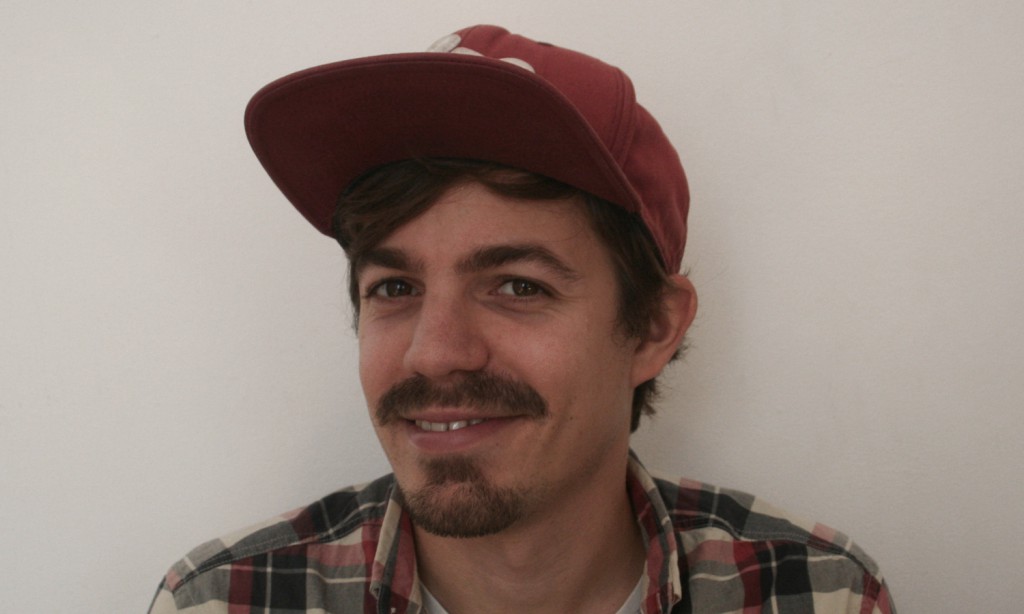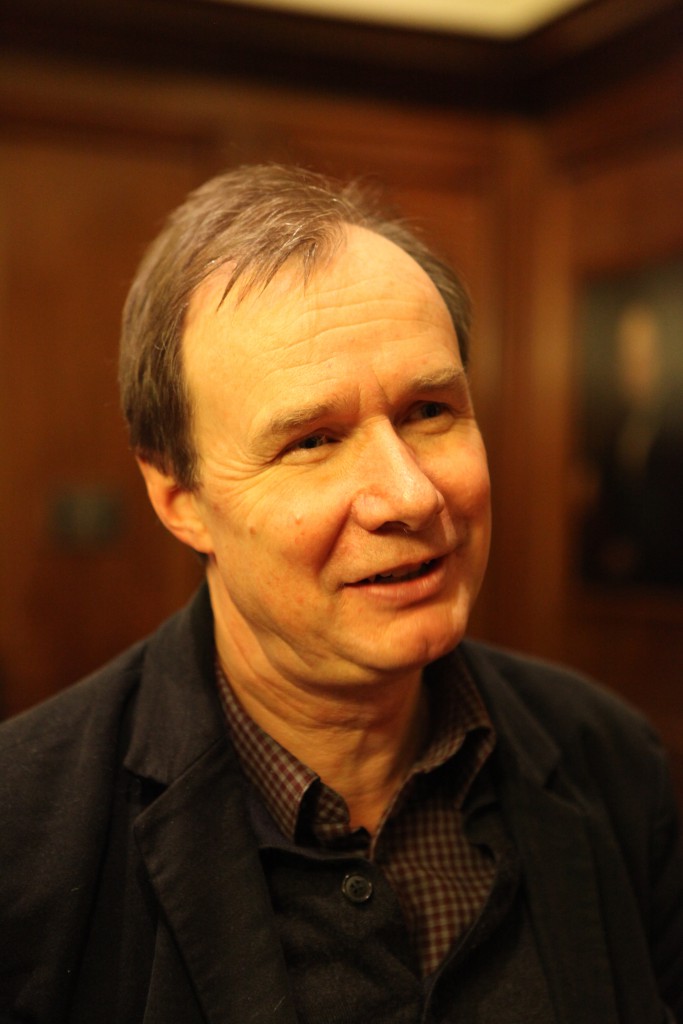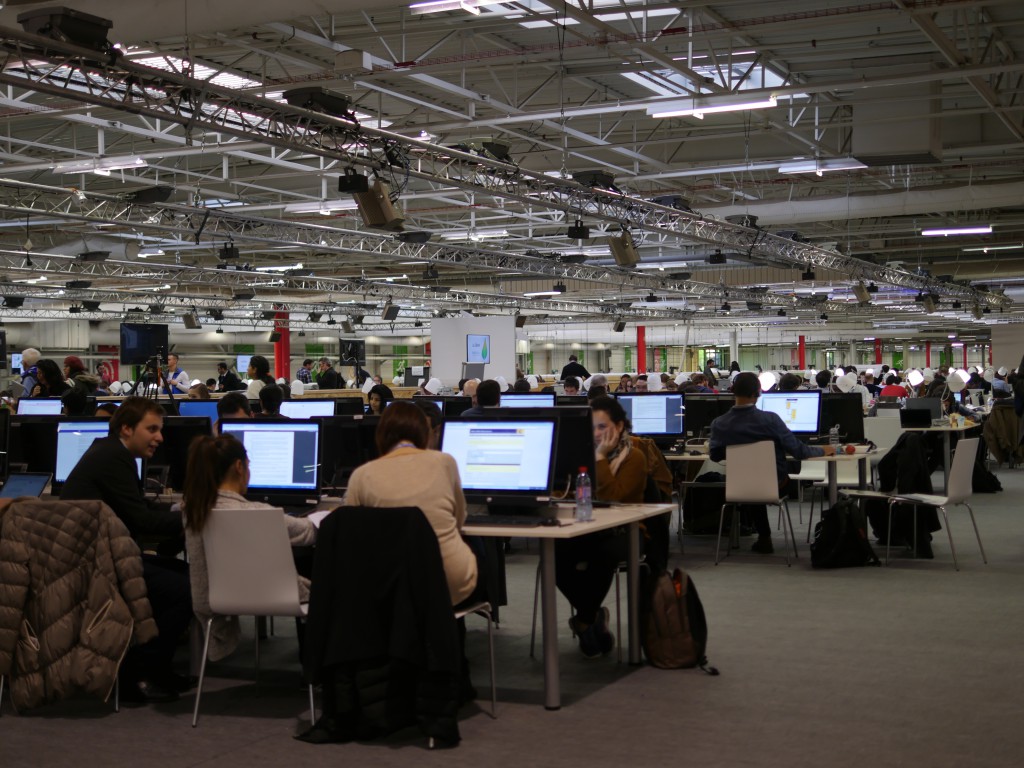by Joana Kollert, Manuel Kreutle, and Michael Brüggemann
Recent weeks have not only brought about record-breaking temperatures, but also a rise in climate coverage, as clearly shown by our Online Media Monitor (OMM) on Climate Change Coverage around the world [1]. But are higher-than-usual temperatures really the main trigger of climate change reporting? We had a closer look at the case of Germany: Continue reading Is German Climate Coverage driven by extreme temperatures? Partly.
 von Fenja De Silva-Schmidt
von Fenja De Silva-Schmidt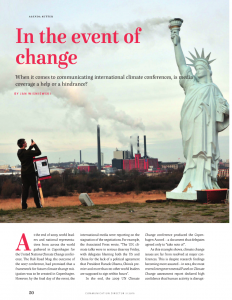 Results from our Down to Earth study have been featured in an article about the communication of international climate conferences. Imke Hoppe was interviewed as a spokesperson of our team by editor Jan Wisniewski from the magazine “Communication Director” and talked about the public’s perception of the COP21.
Results from our Down to Earth study have been featured in an article about the communication of international climate conferences. Imke Hoppe was interviewed as a spokesperson of our team by editor Jan Wisniewski from the magazine “Communication Director” and talked about the public’s perception of the COP21.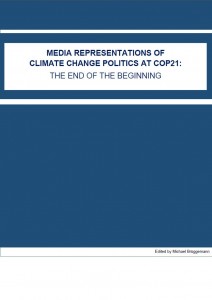
 How do German citizens perceive climate change? What do they know about climate politics? And how do they evaluate national and international efforts against climate change?
How do German citizens perceive climate change? What do they know about climate politics? And how do they evaluate national and international efforts against climate change?